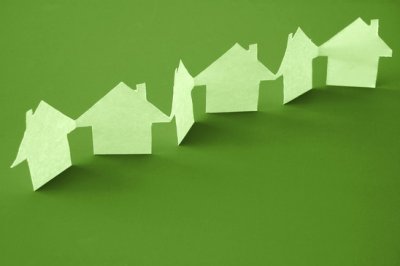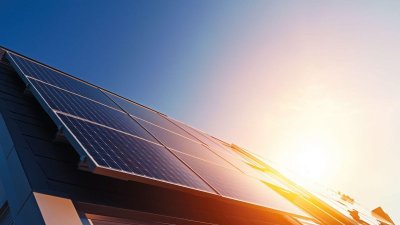Sustainability is evolving from a marketing asset to a business necessity for companies. This is the conclusion of the Fraunhofer IPK trend report. Due to raw material shortages and rising energy prices, resource-efficient practice is becoming increasingly important. Data-based methods and intelligent control technology could enable companies to achieve and implement the most energy-efficient operating mode.
Companies are facing the challenge of switching from a linear to a circular economy. The conventional method of resource consumption leads to environmental pollution and waste. A circular economy that reuses materials and minimizes waste is therefore necessary. Remanufacturing and refurbishing are key approaches in which products are refurbished or broken down into reusable components at the end of their life cycle.
Sustainable action requires a resource-conserving design of product life cycles and transparent communication of corporate measures. A holistic view of production conditions, energy and material consumption and disposal options is crucial. Sustainability investments, such as in modern plant technology, pay off as consumers increasingly prefer sustainable products. Companies can use tools such as the Fraunhofer IPK's "Integrated Sustainability Cockpit (INC)" to demonstrate their sustainability efforts and make them transparent.
Source and further information: ipk.fraunhofer.de
© Photodune




